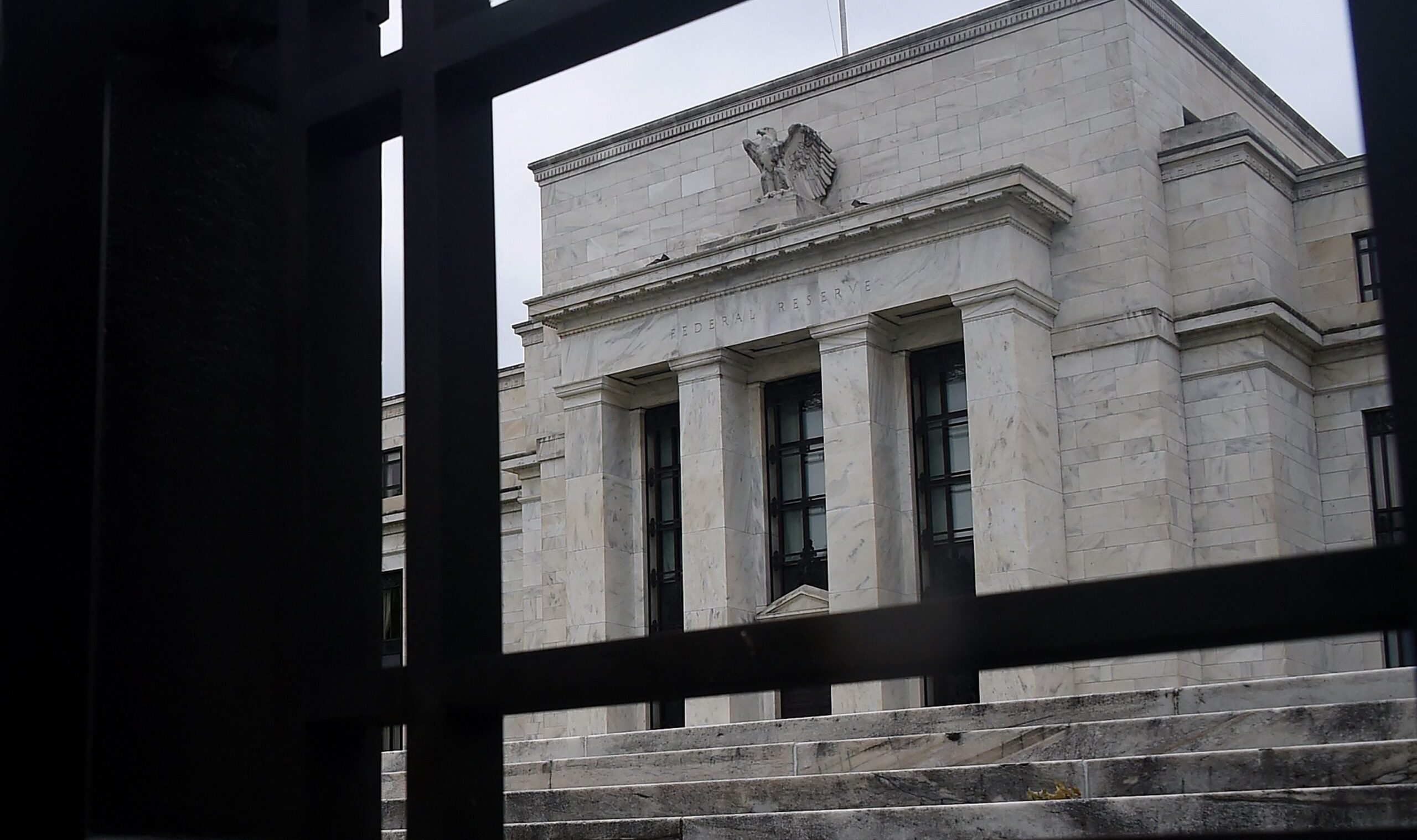Russia and Realism
Ross Douthat calls for abandoning illusions about Russia:
It may not be America’s No. 1 geopolitical problem, as a certain former candidate for president suggested. (Don’t sleep on the Chinese.) But it is a geopolitical threat — a revisionist, norm-violating power — to a greater extent than any recent administration has been eager to accept.
But at the same time, after Crimea there should also be fewer illusions about the West’s ability to dictate outcomes in Russia’s near abroad.
That’s at least half-right. I’d add a few other points. If there’s one constant in U.S. Russia policy, it is the belief that the U.S. and our allies can goad and irritate Russia as often as they want on as many issues as they like without having to worry about the consequences. Western governments are allowed to goad Russia on many issues, but Moscow mustn’t ever respond in kind, and when it does Western leaders express shock that it would do such a thing. This predictably leads to confrontations that didn’t have to happen. It always seems to surprise Western governments when they do happen and especially when these confrontations go badly for their would-be allies in ex-Soviet space. If Russia now qualifies as a revisionist power in any way, it is because it has been seeking to push back against decades of Western actions that it viewed as hostile and threatening. What we’ve been seeing is really the behavior of a status quo power that believes that its position has been and continues to be steadily eroded. There was a line in Putin’s Crimea speech that didn’t receive much attention, but sums up this view very well: “Are we ready to consistently defend our national interests, or will we forever give in, retreat to who knows where?”
I’d also qualify the claim that U.S. Russia policy has been shaped by “the conceit that with the right incentives, eyes-to-soul presidential connections and diplomatic reset buttons, Russia could become what we think of, in our cheerfully solipsistic way, as a ‘normal country’.” There has been an assumption shared by one administration after another that U.S.-Russian relations should depend almost entirely on the quality of the personal relationship between our presidents, which leads to the familiar pattern of excessive optimism followed by a string of disappointments. There is almost no other country in the world that the U.S. engages in this way, and twenty years of mediocre-to-disastrous relations show that it is a poor way to manage any bilateral relationship, much less one with a major power.
The U.S. hasn’t been trying to make Russia a “normal country” by offering the “right incentives.” The U.S. has wanted to engage in a short-term transactional relationship with whoever happens to be president at the moment, and that has usually involved convincing Russian leaders to go along with our goals on certain issues. Even the “reset” was one in which the U.S. reaped most of the benefits and offered little in return, and Russia didn’t actually get very much out of the exchange. There have been periods when this transactional approach can yield results, but it is built on an assumption that Russia isn’t the sort of country with which we can ever have reliably constructive and normal relations. The attitude has been that the U.S. will deal with Russia when it must, but will otherwise ignore or provoke it. I submit that’s a recipe for many more unnecessary confrontations and crises in the future.
Douthat concludes:
What we need instead is realism: to use the powers we have, without pretending to powers that we lack.
That’s fine as far as it goes, but it raises the question: use them for what? Earlier on, Douthat talks about “a strategy intended to punish Putin,” but what is the purpose of the punishment beyond proving that it can be done? If a punitive approach makes Russia more antagonistic and intransigent, as it seems likely to do, how is that a desirable outcome? Another illusion that needs to be dispelled is the belief that punitive measures achieve anything other than increasing tensions and making conflicts in the future more likely.
